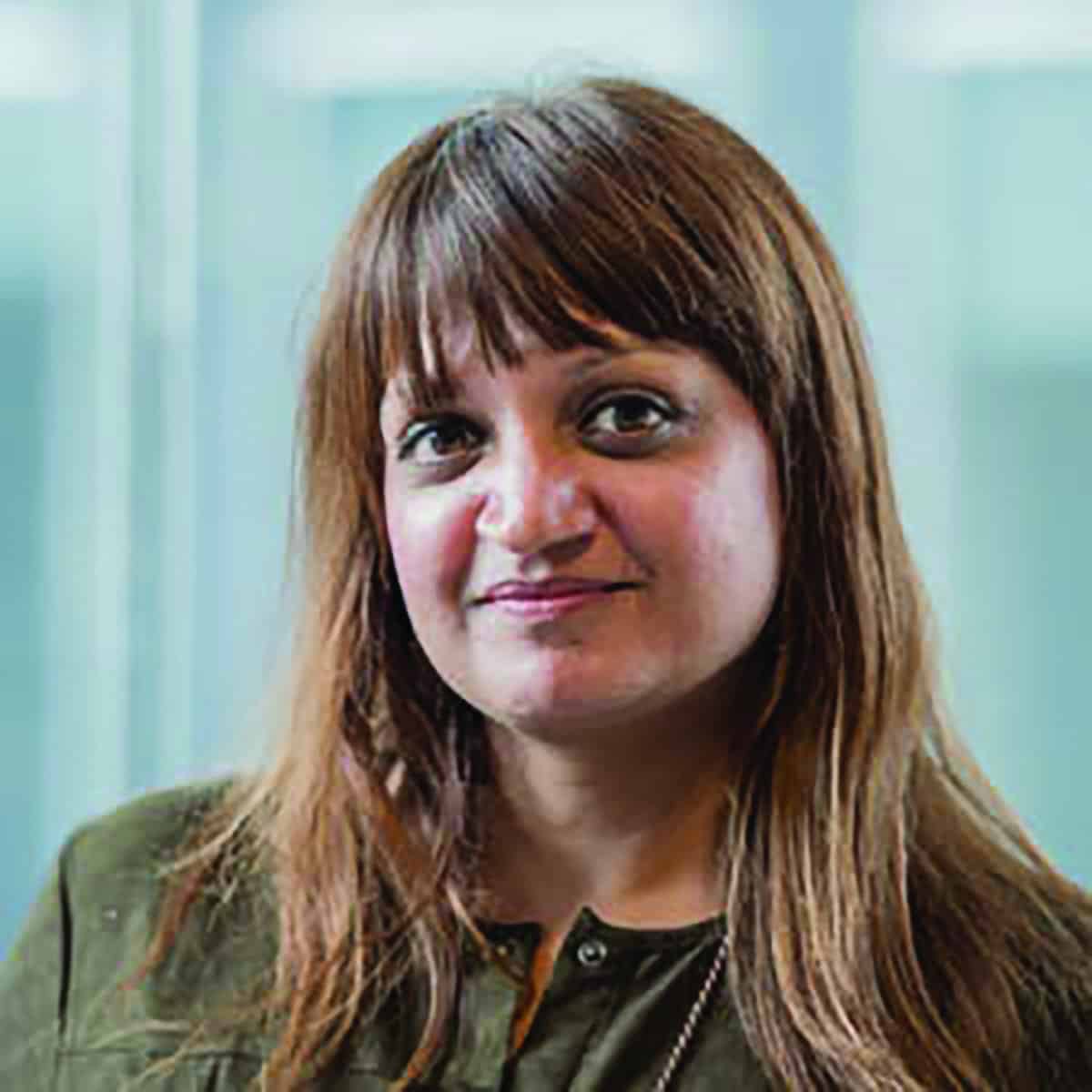
News that the United Kingdom, along with Albania, the Czech Republic and Greece, have lost their measles-free status is deeply troubling, but not surprising.
Trust in and uptake of vaccines in Europe has been declining for some time, making disease outbreaks inevitable. But what is the reason for this distrust and how can this be turned around?
In the UK, in 2017-18, uptake of the MMR vaccine decreased for the fourth year in a row. It now stands at 91.2%, the lowest level since 2011-12.
In the US, uptake of the MMR vaccine among children aged 19-35 months also decreased in 2017. In some communities, coverage is very low (eg, 60% among ultra- Orthodox Jews in New York State where a measles outbreak was reported in February).
This trend in lower uptake of MMR vaccine has been observed worldwide, along with a 30% increase in measles cases globally, and the sequelae of this infection – deaths, pneumonia and encephalitis.
It is, therefore, critical that action is taken to stop the re-emergence of dangerous infectious diseases. This is a serious public health issue and it is time for everyone to work together to counteract the rising distrust in vaccines. And more importantly, to develop and implement evidence-based strategies that rebuild trust and increase immunisation rates.
Vaccine hesitancy
A delay in the acceptance or a refusal of vaccines despite availability of vaccination services (vaccine hesitancy) is a crucial element in the rise of vaccine refusal. While this hesitancy may be due to a loss of trust in the effectiveness and safety of vaccines, it could also be due to loss of trust in healthcare systems and those who deliver medical services.
Last year’s report by the London School of Hygiene and Tropical Medicine’s Vaccine Confidence Project found that countries in which GPs had a higher confidence in vaccines, tend to have a larger proportion of the public expressing positive vaccination beliefs. Other studies exploring levels of trust in institutions, such as governments and science in general, also show that the higher the levels of trust, the higher the rates of vaccine uptake.
As high confidence in vaccination programmes is crucial in maintaining high coverage rates, the need for effective solutions that achieve increased immunisation rates is vital. One way to overcome hesitancy is to address the vast amounts of misinformation on social media.
The wide-reaching and instantaneous nature of the medium means that anti-vaccination messages are accessible to a much wider audience than ever before. In some parts of rural India, for example, there have been reports of sophisticated anti-vaccinations campaigns shared via WhatsApp, targeted according to language and location of the recipients.
Anti-vaccination messages
Some platforms have changed their guidelines and are limiting access to channels that promote anti-vaccination messages. Facebook is rejecting adverts with misinformation about vaccines, as well as down-ranking anti-vaccination content.
Twitter launched a new tool that directs users searching for vaccine-related keywords to trustworthy public health sources. Instagram will not show or recommend content with misinformation about vaccinations in Instagram’s Explore, hashtag and search pages, while YouTube has removed the ability to advertise anti-vaccination content.
This is a good start but promoting vaccination-positive messages and demoting anti-vaccination messages will not be enough.
Trust will need to be at the heart of any turnaround. In different communities, those who are trusted will vary, and building trust will be a complex interplay of sharing evidence and personal experiences. Trust in government, healthcare institutions and professionals, as well as trust in the views of parents, are all important factors in rebuilding trust.
Rebuilding trust
A powerful example of rebuilding trust comes from Italy, where a lone parent sparked a campaign that reached thousands. Miriam Maurantonio, fearful for her son’s well-being and concerned about low vaccination coverage and the growing visibility of anti-vaccination movements, used social media to mobilise other parents to post selfies on social media with the hashtag #iovaccino (#Ivaccinate).
Maurantonio’s single-handed campaign to encourage vaccine uptake shows the power of social media, but these platforms are not the only influencers. A multi-stakeholder approach from governments to the pharmaceutical industry to frontline primary care providers to educators and academics and scientists is needed to ensure that individuals and communities understand the benefits and risks of immunisation and view it as both their right and responsibility.
There isn’t a one-size-fits-all answer and effectiveness of approaches will vary from person to person and community to community, but one thing is certain, we all have an important role to play in rebuilding trust in vaccines.
Satinder Phull is Director of JPA Health Communications





